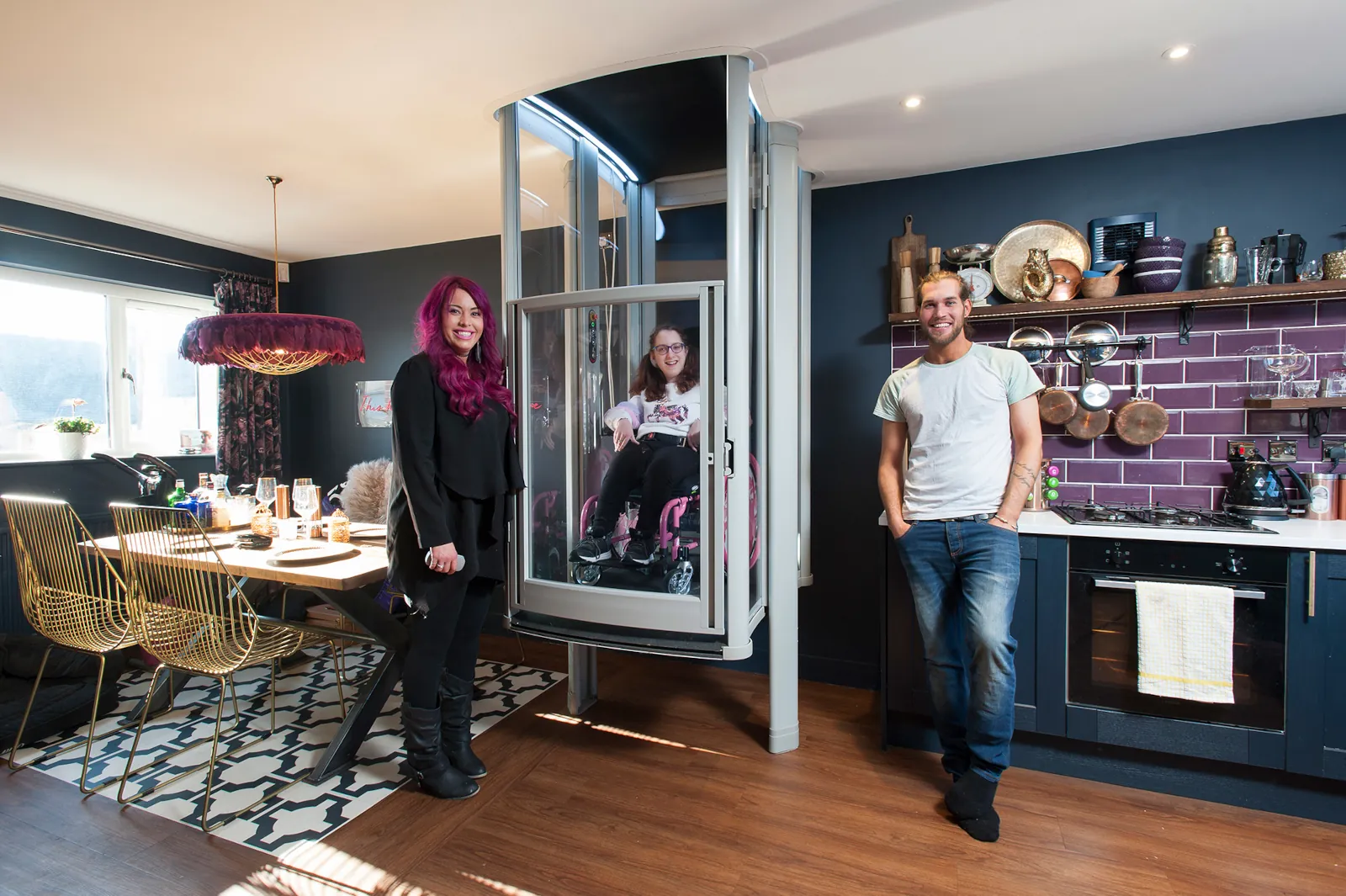Home modifications are crucial for individuals with disabilities or seniors who want to maintain their independence and continue living comfortably in their homes. New Jersey’s Managed Long Term Services and Supports (MLTSS) is a Medicaid program that provides funding for home modifications, making accessibility and safety improvements more attainable for eligible residents. In this article, we’ll explore the eligibility criteria, application process, funding amounts, and timelines for obtaining home modification funding through MLTSS. Additionally, we’ll address ten frequently asked questions to ensure you are well-informed on this crucial topic.
Eligibility for MLTSS Home Modification Funding
To be eligible for home modification funding through MLTSS, you must meet the following criteria:
- Be a New Jersey resident.
- Have a documented physical disability, chronic illness, or age-related condition that necessitates home modifications to improve accessibility and safety.
- Be eligible for Medicaid and enrolled in the MLTSS program.
Applying for MLTSS Funding
To apply for home modification funding through MLTSS, follow these steps:
- Contact your MLTSS care manager, who will help you identify your needs and develop a person-centered service plan that includes home modifications.
- Your care manager will submit a request for home modification services to the New Jersey Division of Medical Assistance and Health Services (DMAHS) for approval.
- If your request is approved, your care manager will work with you to select a qualified provider to complete the home modifications.
- The provider will assess your home and submit a proposal for the necessary modifications, which must be approved by DMAHS.
- Once the proposal is approved, the provider will complete the home modifications, and MLTSS will cover the costs according to your service plan.
Funding Amounts and Timeline
The amount of funding provided for home modifications through MLTSS depends on the specific needs of the individual and the extent of the required modifications. MLTSS covers necessary modifications that are included in your person-centered service plan, subject to Medicaid guidelines and limitations.
The timeline for the application process and receiving funding varies depending on the complexity of the modifications and the approval process. Typically, applicants can expect a decision within a few weeks to a few months after submitting their request for home modification services.
10 Frequently Asked Questions
- Can I apply for MLTSS funding if I am a renter?
Yes, renters may be eligible for funding, but you may need to obtain written permission from your landlord to make modifications to the rental property. - Can I use MLTSS funding for temporary modifications?
MLTSS funding is primarily intended for permanent home modifications, but eligibility for temporary modifications depends on the specific program guidelines and your person-centered service plan. - Are there any income restrictions for MLTSS funding?
To be eligible for MLTSS funding, you must be eligible for Medicaid. Income restrictions for Medicaid eligibility vary depending on your household size and specific circumstances. - Can I choose my own contractor to complete the home modifications?
Your MLTSS care manager will help you select a qualified provider who is approved by the DMAHS to complete the home modifications. - Can I apply for MLTSS funding if I have already started my home modifications?
In most cases, MLTSS funding must be applied for and approved before starting any home modifications. Consult your MLTSS care manager for guidance. - How long will it take to receive funding after my request is approved?
The timeline for receiving funding varies depending on the complexity of the modifications and the approval process. Consult your MLTSS care manager for more information on expected timelines. - Can I apply for funding through multiple programs or grants in addition to MLTSS?
Yes, you may be eligible to apply for funding through multiple programs or grants in addition to MLTSS. However, be aware that some programs may have restrictions on receiving concurrent funding from other sources. - Are there any restrictions on the types of home modifications that can be funded through MLTSS?
MLTSS funding typically covers modifications that improve accessibility, safety, and independence for individuals with disabilities or seniors. Examples include installing stairlifts, wheelchair ramps, and accessible bathrooms. However, restrictions may vary depending on your person-centered service plan and program guidelines. - Can I reapply for MLTSS funding if my initial request is denied?
If your initial request for home modification services is denied, consult with your MLTSS care manager to determine the reasons for denial and explore other options or resubmit a revised request. - What insurance companies offer MLTSS coverage in New Jersey?
There are several Managed Care Organizations (MCOs) that provide MLTSS coverage in New Jersey. These MCOs are contracted with the state to deliver MLTSS services to eligible residents. Please note that the list of MCOs may change over time, so it is advisable to visit the New Jersey Department of Human Services website or contact the department directly for the most up-to-date information. The MCOs offering MLTSS coverage in New Jersey are: - Aetna Better Health of New Jersey
- Amerigroup New Jersey, Inc.
- Horizon NJ Health
- UnitedHealthcare Community Plan of New Jersey
- WellCare of New Jersey
Conclusion
For New Jersey residents with disabilities or seniors in need of home modifications, the MLTSS program offers valuable resources and financial assistance. By understanding the eligibility criteria, application process, funding amounts, and timelines, you can make informed decisions about obtaining home modification funding through MLTSS. If you have additional questions, don’t hesitate to reach out to your MLTSS care manager for guidance and support. With the right resources and assistance, you can create a safe, accessible, and comfortable living environment for yourself or your loved ones.


